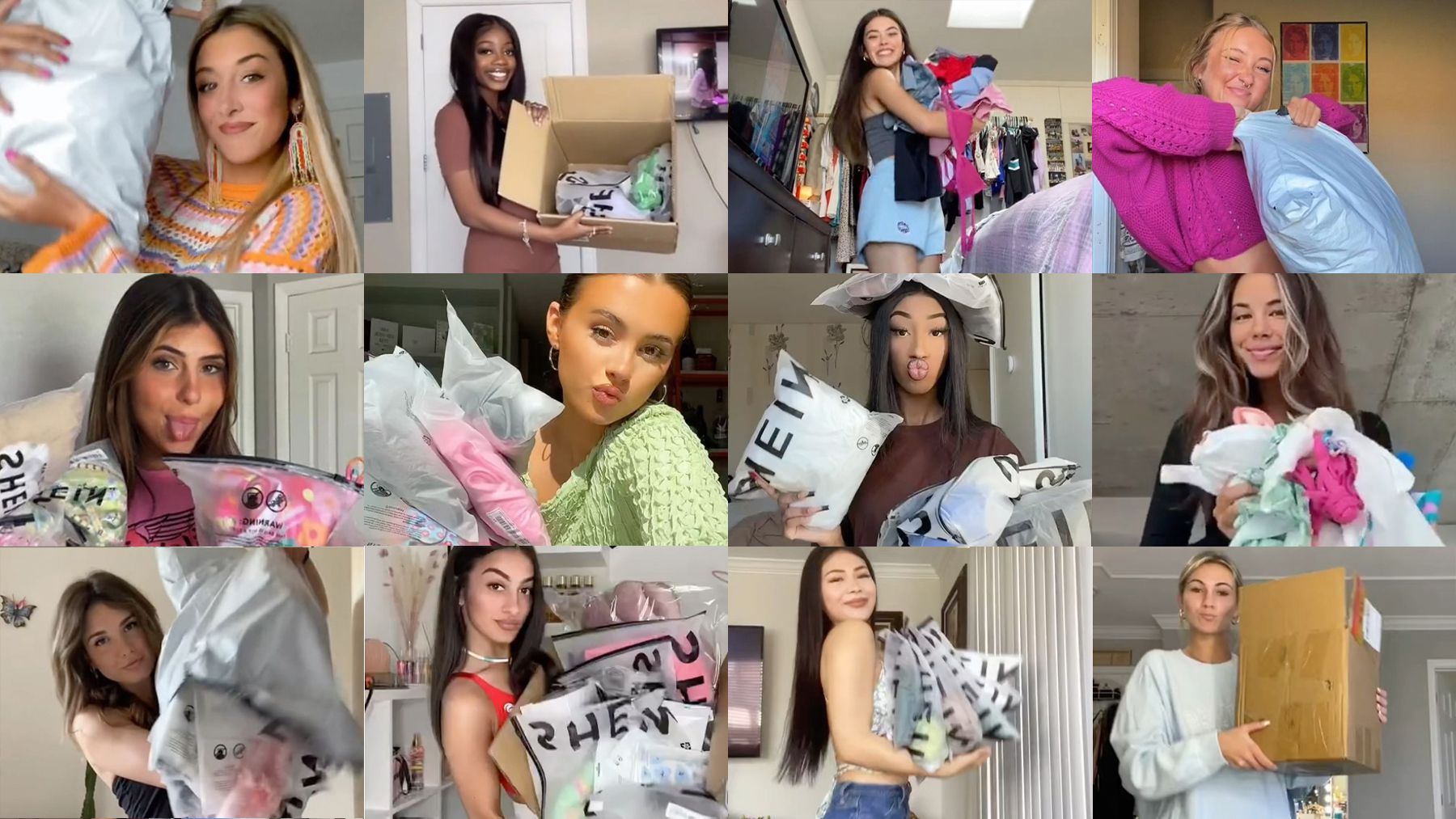
Shein’s newest drop isn’t new at all.
On Monday, the Chinese ultra-fast-fashion giant launched a resale platform, offering American customers the opportunity to buy and sell their old crop tops and bodycon dresses directly through its app.
The move is both a play to build a toe-hold in a fast-growing consumer market, and part of a series of efforts designed to combat criticism that the its fast-paced, low cost business model is the antithesis of efforts to make fashion more sustainable.
Roughly 100 brands and retailers have launched their own resale channels in the last two years, according to BoF analysis conducted in May. They run the gamut from luxury brands such as Balenciaga and Valentino to Shein rivals H&M and PrettyLittleThing.
The rise of these brand-based platforms is upping the pressure on re-commerce players like Poshmark and The RealReal, which have seen their valuations plummet this year amid a broader sell-off in tech stocks, rising competition for customers and inventory and profitability challenges.
Earlier this month South Korean tech giant Naver bought Poshmark for $1.2 billion, less than half the company’s $3 billion valuation when it went public last January. Last week, sneaker resale platform Goat bought the streetwear reseller Grailed.
“There’s so many platforms … that’s already a competition on its own so brands coming in and doing it as well is another competitive aspect,” said Jessica Ramirez, a senior research analyst at Jane Hali & Associates.
For big brands like Shein, resale isn’t likely to be a big revenue generator anytime soon. But it does offer a compelling reason to keep customers coming back, potentially opening up multiple new consumer touch points and building engagement.
UK-based fast-fashion brand PrettyLittleThing said last month that more than 100,000 people signed up and downloaded its secondhand marketplace app in the first few weeks after launch.
“There is a huge part of this that is customer loyalty,” said Ramirez.
In its initial pilot phase, Shein’s resale service will only be available in the US, with plans to expand into other markets next year, the company said. It doesn’t expect to make any profit through the platform, but is positioning it as part of its effort to address the substantial amount of waste generated by the fashion industry.
“Shein has been very much attacked for not being a sustainable brand,” said Ramirez. “It’s been under the microscope for some time, so this is also a way to combat that.”



